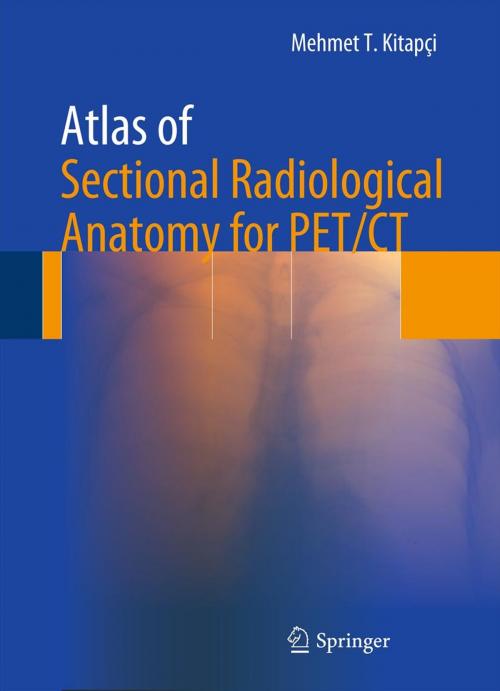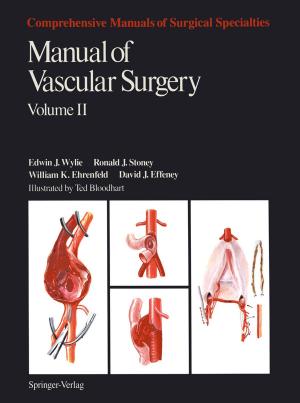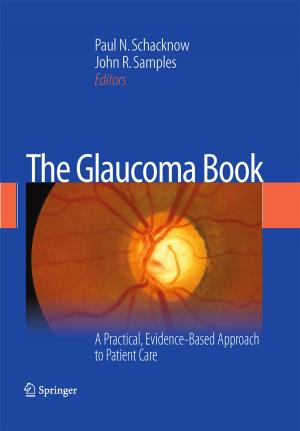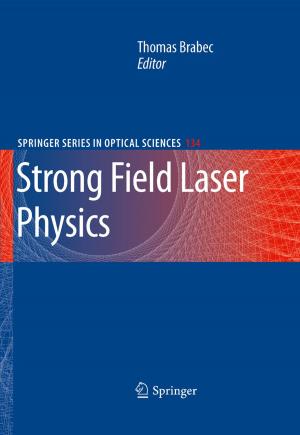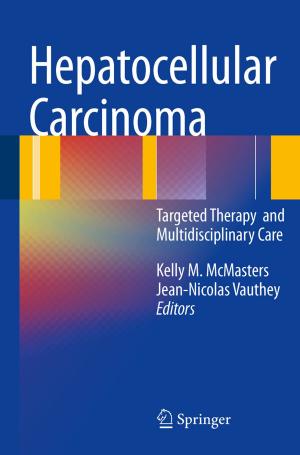Atlas of Sectional Radiological Anatomy for PET/CT
Nonfiction, Health & Well Being, Medical, Medical Science, Biochemistry, Specialties, Radiology & Nuclear Medicine| Author: | Mehmet T. Kitapci | ISBN: | 9781461415275 |
| Publisher: | Springer New York | Publication: | June 9, 2012 |
| Imprint: | Springer | Language: | English |
| Author: | Mehmet T. Kitapci |
| ISBN: | 9781461415275 |
| Publisher: | Springer New York |
| Publication: | June 9, 2012 |
| Imprint: | Springer |
| Language: | English |
The horizons of sophisticated imaging have expanded with the use of combined positron emission tomography (PET) and computed tomography (CT). PET-CT has revolutionized medical imaging by adding anatomic localization to functional imaging, thus providing physicians with information that is vital for the accurate diagnosis and treatment of pathologies. Since the integration of PET and CT several years ago, PET/CT procedures are now routine at leading medical centers throughout the world. This has increased the importance of nuclear medicine physicians acquiring a broad knowledge in sectional anatomy for image interpretation. The Atlas of Sectional Radiological Anatomy for PET/CT is a user-friendly guide presenting high-resolution, full-color images of anatomical detail and focuses solely on normal FDG distribution throughout the head & neck, thorax, abdomen, and pelvis, the primary sites for cancer detection and treatment through PET/CT.
The horizons of sophisticated imaging have expanded with the use of combined positron emission tomography (PET) and computed tomography (CT). PET-CT has revolutionized medical imaging by adding anatomic localization to functional imaging, thus providing physicians with information that is vital for the accurate diagnosis and treatment of pathologies. Since the integration of PET and CT several years ago, PET/CT procedures are now routine at leading medical centers throughout the world. This has increased the importance of nuclear medicine physicians acquiring a broad knowledge in sectional anatomy for image interpretation. The Atlas of Sectional Radiological Anatomy for PET/CT is a user-friendly guide presenting high-resolution, full-color images of anatomical detail and focuses solely on normal FDG distribution throughout the head & neck, thorax, abdomen, and pelvis, the primary sites for cancer detection and treatment through PET/CT.
